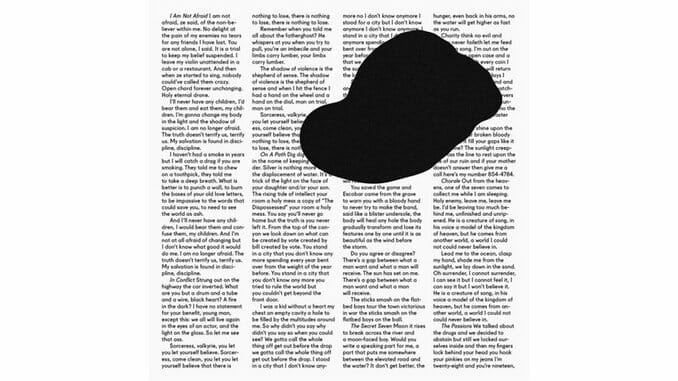Owen Pallett: In Conflict

Suggesting that a work of art “wrestles with the human condition” has been a trope in arts criticism for at least as long as I’ve been alive. The description is applied too liberally, often rendering it meaningless. Still, there’s no way around invoking it with regard to the composer Owen Pallett’s remarkable new album, In Conflict. Musically, as we’ve come to expect from him, Pallett flies high here, orchestrating effervescent passages built around strings, analog synthesizers and a fantastic rhythm section of electric bass and drums, all of which blend, dissipate and soar at just the right moments. Pallett could not be more precise if he tried. But what really catalyzes the quality of In Conflict is his vivid, off-beat storytelling, which Pallett employs to detail empathetic scenes of humans tussling with each other and themselves. While artists like St. Vincent and Arcade Fire (with whom the composer regularly collaborates) have recently issued biting meditations on the nature of identity in the social media age, Pallett assumes a stance less stuck to time and place: Humans have and always will suss through the detritus of each other’s manias and dependencies and will never stop facing the choice of whether to comfort or flee in the face of them.
-

-

-

-

-

-

-

-

-

-

-

-

-

-

-

-

-

-

-

-

-

-

-

-

-

-

-

-

-

-

-

-

-

-

-

-

-

-

-

-








































